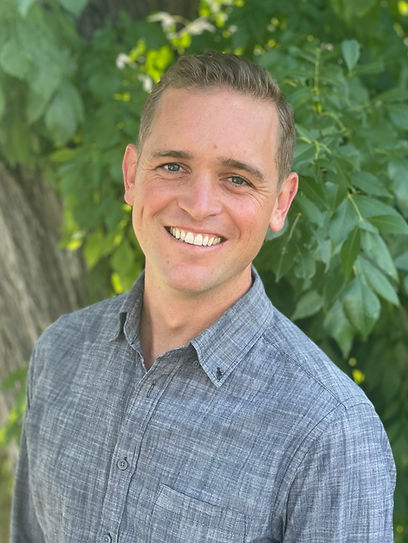Couples and Relationship
Therapy
We're all a little weird, and life is a little weird. And when we find someone whose weirdness is compatible with ours, we join up with them and fall in to mutually satisfying weirdness - and call it love - true love. Robert Fulgham
Adam Sisson, AMFT, APCC
My name is Adam Sisson, and I am a therapist whose focus is trauma, addictions, and depression
and anxiety. I did my undergraduate work in philosophy at the University of Victoria in British
Columbia and my graduate work at California State University, Sacramento, in marriage,
couples, and family counseling. As a therapist, I draw from a range of theories and ideas to
support and encourage my clients. Fundamentally, I believe human beings are always on a
journey to create a meaningful story for their lives, and I believe our need for healthy and
meaningful relationships is core to the human experience. I am also a somatic therapist, meaning
I believe mental health and physical health are essentially the same thing. Connecting mindfully
to our bodies is often the first step to mental well-being. This is especially true for those who
have experienced trauma because those hurts live primarily in the sensations and reactions of our
bodies. The skills of mindfulness— discipline, distress tolerance, self-awareness, self-
acceptance, and self-compassion—can provide tangible tools to help us untie some of life’s
trickiest knots.
My clinical training and experience include focused work with teens who have experienced
trauma, acute crisis counseling, and the facilitation of psychotherapy and support groups. I
volunteered as a crisis counselor at a suicide prevention hotline and currently volunteer my time
at Sutter’s Children’s bereavement art therapy group. I have training and experience in cognitive
behavioral therapy, narrative therapy, dialectical behavioral therapy, motivational interviewing,
internal family systems, and trauma informed therapy. I have a deep knowledge of addictions and
addictions counseling.
It is important that I acknowledge that not all mental health challenges are rooted in internal
forces. We live in county with a long history of injustice and oppression. This has created
immeasurable suffering. Our current state of health and well-being is often a reflection of a toxic
environment. Because of this, I sometimes incorporate an analysis of the larger social, political,
and cultural systems into therapy. Understanding the impact of forces which are outside of our
control can allow us to reauthor our story from one of victimhood to one of empowerment.

AMFT #140493
Adam is supervised by Alison Buckley